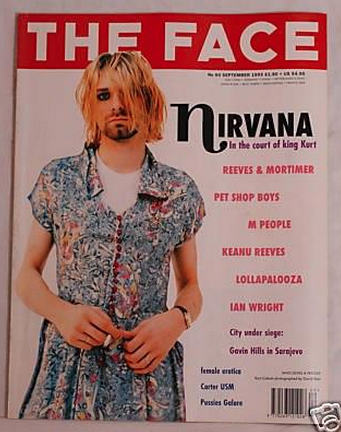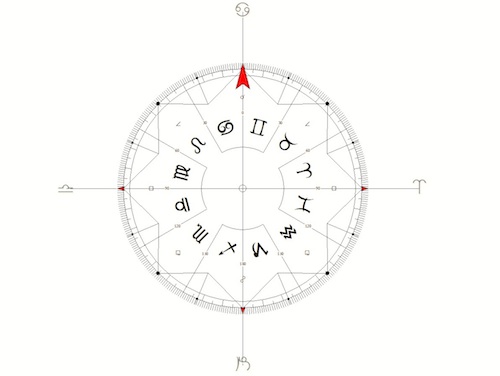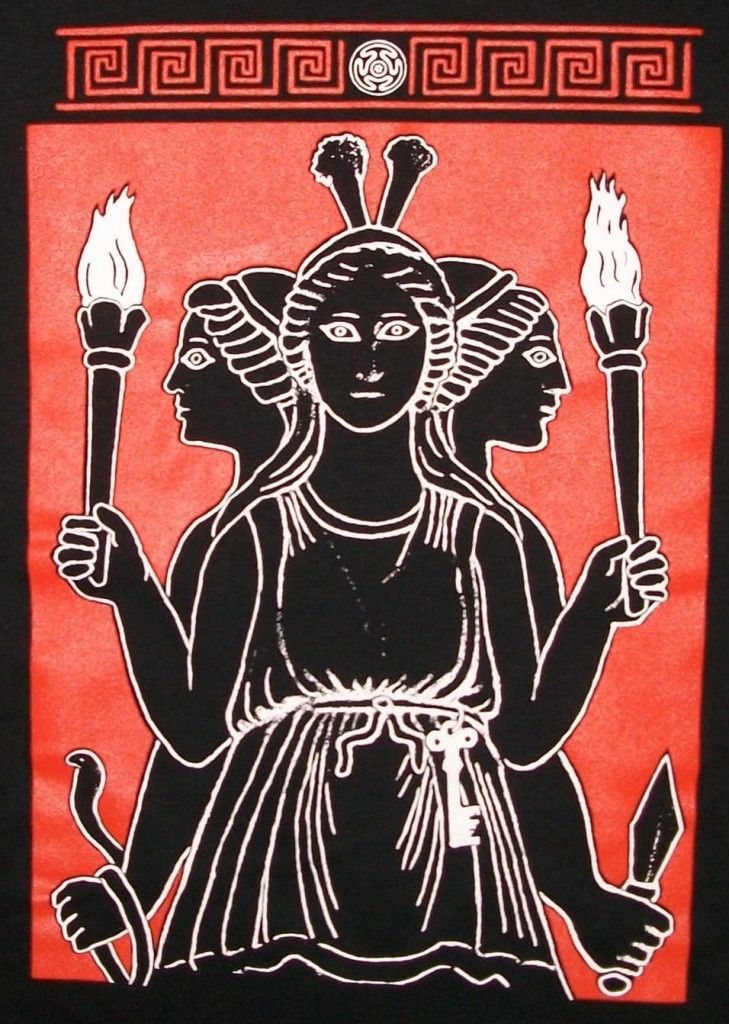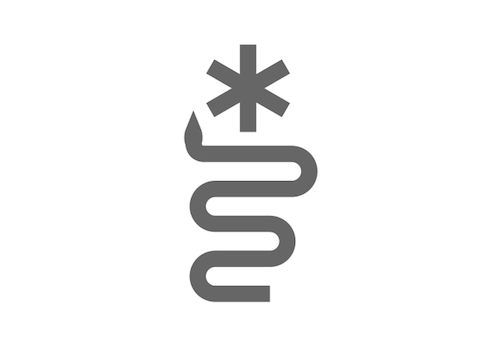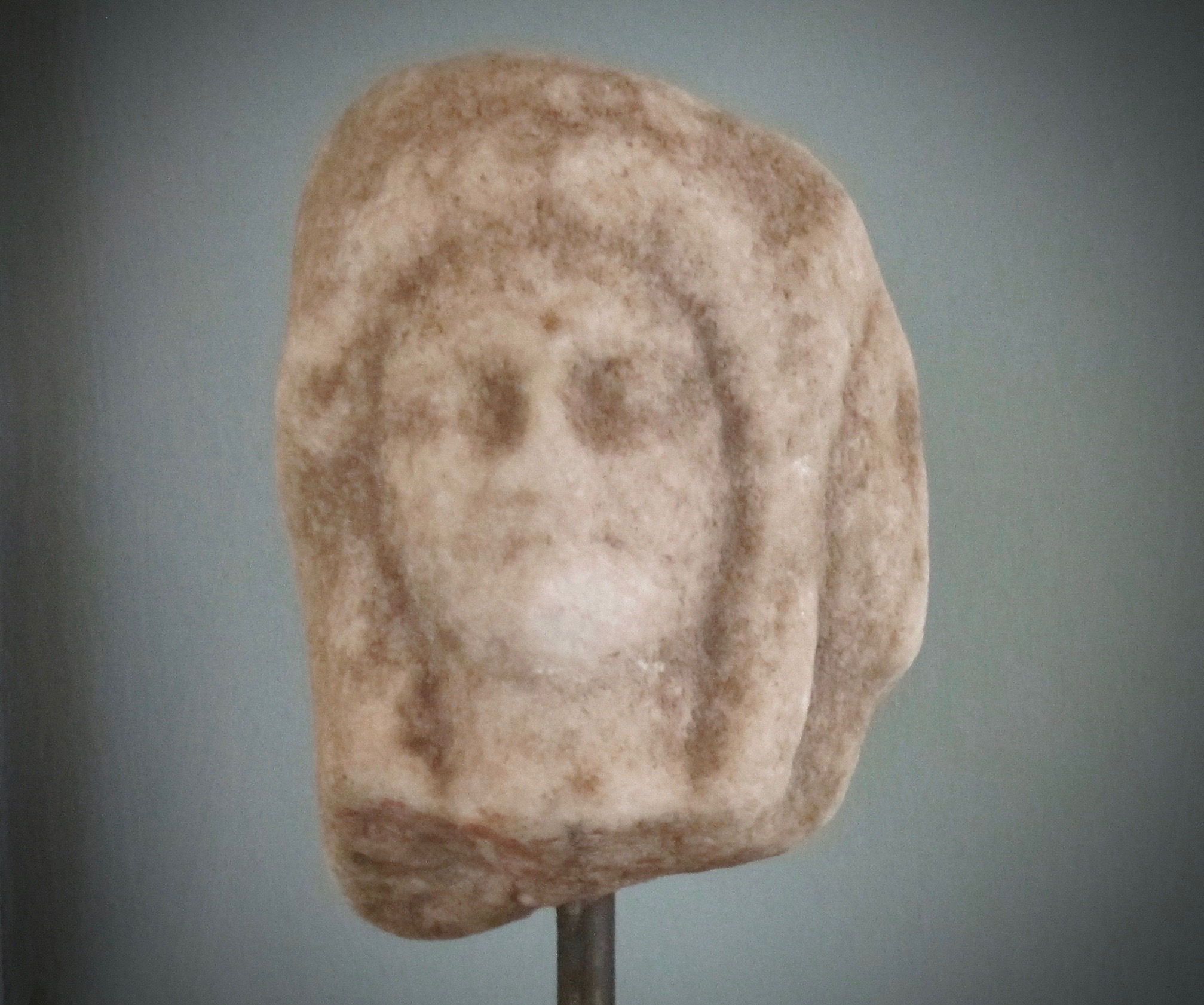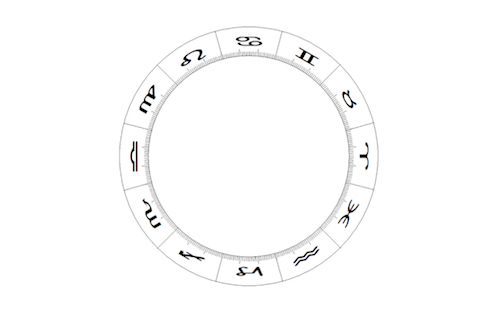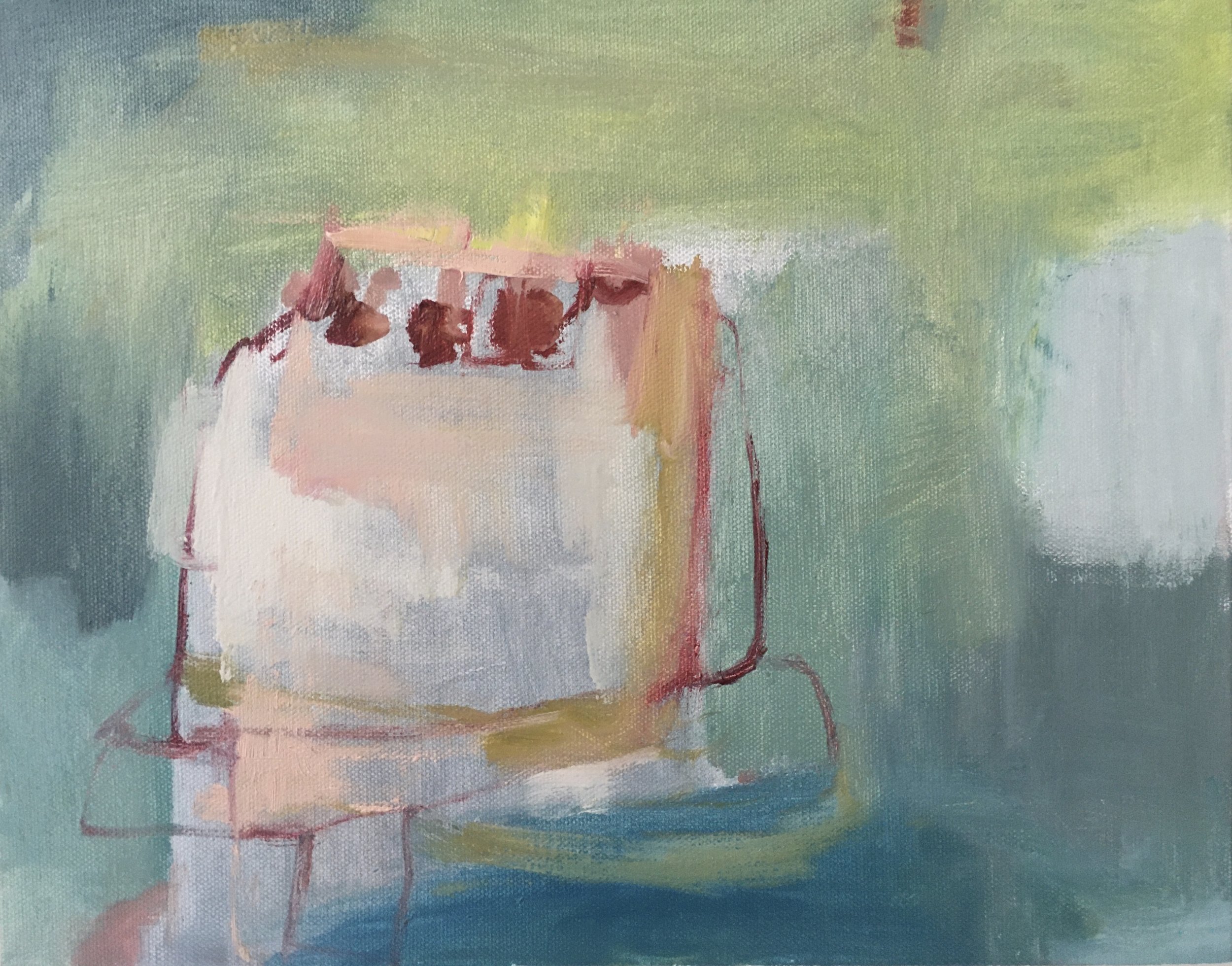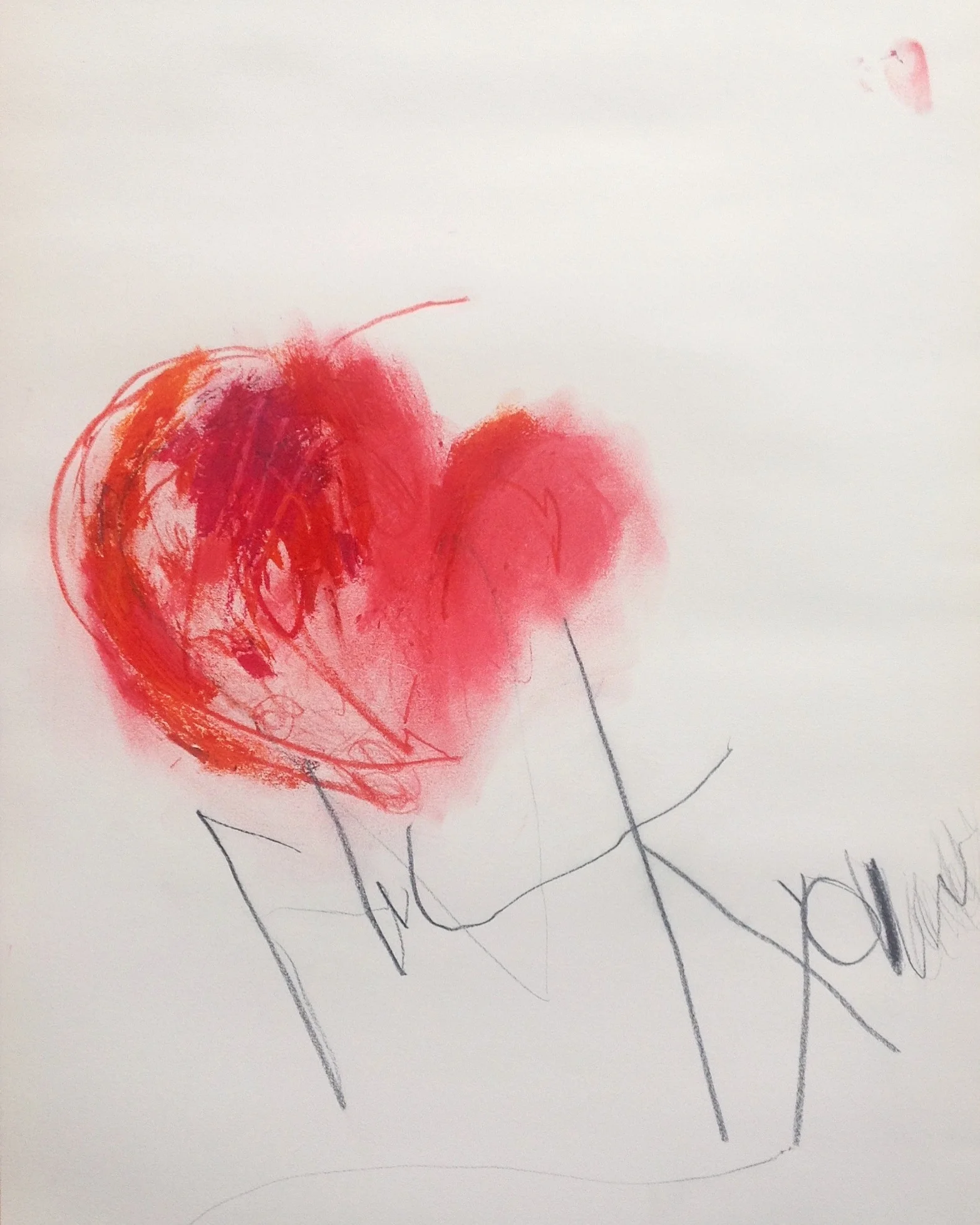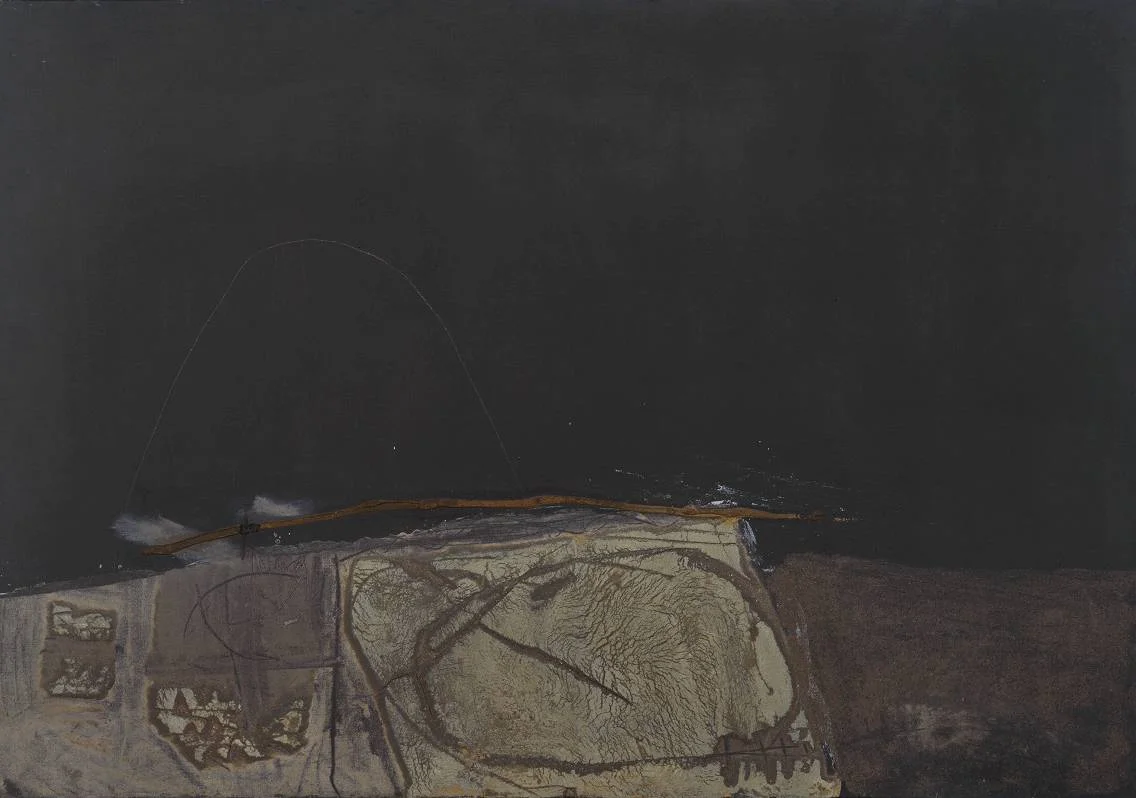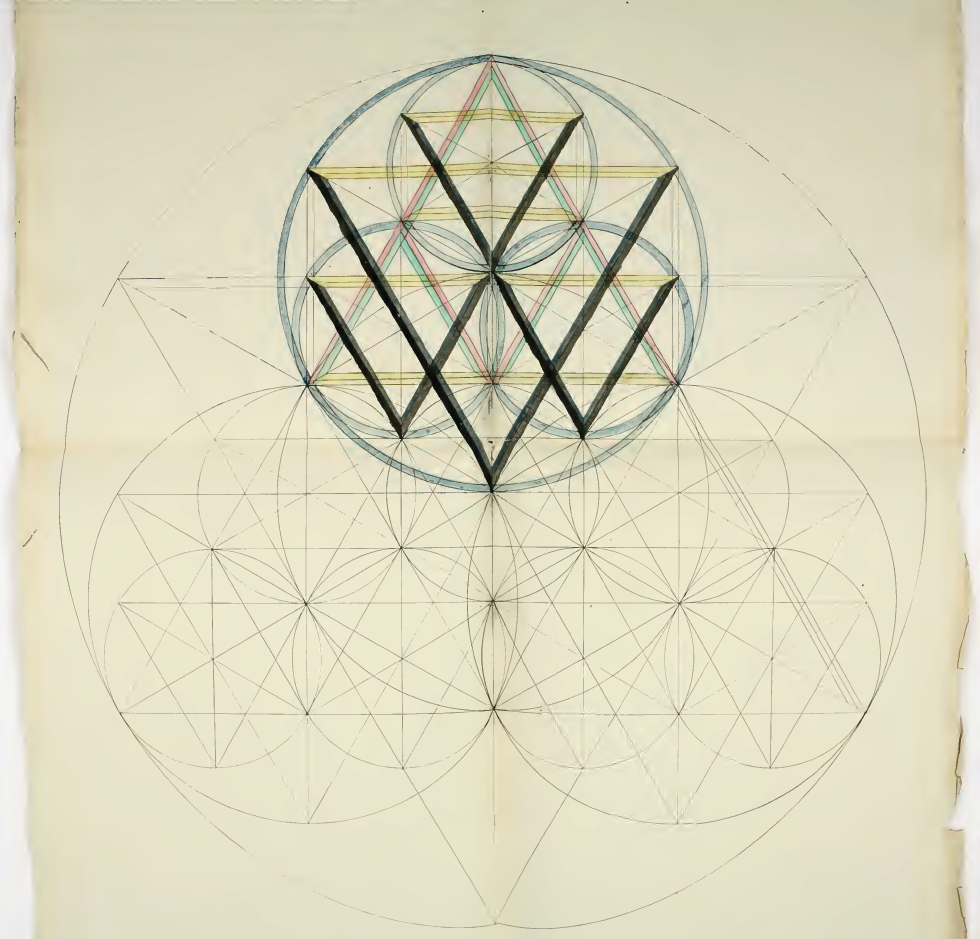2. Outer Planet Rulership
In my view it's absurd to even think about ruining the perfection and intelligence of this cosmic symmetry (above). If you still think Aquarius is ruled by Uranus—why? Why the willfulness and defensiveness around it. Actually, that may provide a clue in itself. If you have Aquarius on an important angle in your chart, or your Sun or Moon is there, and you just can't see yourself as Saturnian, you may possess a limited and mostly unfortunate view of Saturn. Please see Joseph Crane's Liberating Uranus and Aquarius.
As for Mars and Scorpio, do you think it's okay to strip Mars of its transformational qualities? I don't. I doubt Mars does either. Please participate in restoring Mars' wildly potent transmutational and revolutionary sides. Much of this quality comes in and through this planet's connection to the sign Scorpio. Pluto does its own thing; sometimes very unrelated to Scorpio. Think about it.
Same goes with Pisces and Jupiter. This is the sign of arts and music and great love, precisely because it is the exaltation of VENUS. And it's the sign of spirituality and dreams and exploring the collective psyche and unconscious, because it is the domain of Jupiter. Neptune conveys a few things related, sure, like with film and projected images (tied to the timing of its discovery). But we all know Neptune can signify a lot more than that, sometimes quite troublesome, nebulous, deceitful and draining in nature (significations taken from Saturn, honestly). These are habits of correlation that Pisces and Jupiter (and I) would like to see end.
Uranus, Neptune, and Pluto each mean so much more than what could possibly be derived from the zodiac signs. These are trans-personal, outer planets for a reason. They have more to offer, and to tell us, much like the asteroids actually. They govern over extremes and surprises, genius, and utter destruction, topics and areas that simply transcend the day to day experiences symbolized by the zodiac signs. Please liberate them from this treatment.
3. Essentially Dignified Planets are always Awesome
So you have a planet in its own sign huh? Before your ego expands to wild dimension, I'd just like to remind you, so did Jeffrey Dahmer, FOUR of them.
We say a planet that is essentially dignified has the power to do what it wants. It is the master of its domain. That may or may not be good for the native—and that may or may not be good for anyone else. A planet with power to do what it wants does not equate to doing the right thing or being very conscious, conscientious, aware, caring, or enlightened. A planet in its own domicile is actually, in a way, potentially limited, as it is focused on what it signifies (the planet/sign/house) sometimes to the exclusion of other topics (planets/signs/houses). So, without reception and aspects, or depending on the type available, these planets can sometimes signify a ruthless single-mindedness (and selfishness), and can lack communication with -or act supportive to- other areas of life or people or within oneself as signified in the chart.
Also, if you're examining one of those oh-so important planets in their sign of exaltation—please remember that its dispositor is incredibly important. It literally has the power to make or break whatever this lucky planet signifies. Sometimes with a lack of continued coherence and support (or when in bad company) you'll see an exalted planet (person signified) behave in bombastically arrogant and ignorant ways, depending on what it rules or where it's posited. Additionally, a planet's immediate sign and house position is thought to signify the way something starts out, and where it disposits shows how the matter evolves or ends. So exalted planets that lead to less 'dignified' places, or lack reception, tell us a lot about where this matter is going . . . maybe nowhere.
A kind of natural confidence is usually what I think when I see dignified or exalted planets, but egoic problems and arrogance can ensue, especially in our culture where narcissism is rampant and a lack of compassion and empathy is pretty much encouraged. Please check your feeling of superiority. No one is finished with their work on this planet, that's why we're here.
4. Final Dispositor FOLLY
A final or sole dispositor in the chart is not always helpful and it is certainly not necessarily nice. For instance, having a planet like Saturn in Capricorn or Mars in Aries as the one and only dispositor might require a bit (or a lot) of extra caution. These two especially seem to wreak havoc. Capricorn being the nocturnal sign for Saturn, a planet that prefers the light of the day—and so diurnal signs, to warm its cold dry bones; and Aries for Mars, a nocturnal planet which can use some cooling and grounding, provided by earthy or watery (yin) signs—can both be prone to a bit of bullying, cruelty, and power-plays if not mitigated and/or used consciously.
It also helps to have reception, especially mutual, to break up the dispositing. Several dispositors are good, or loops between them. Unless a chart is working for a benefic (in an advantageous house), sometimes the focus of a final dispositor can bring one down or bulldoze over others with its nature and unlimited pursuit for power. Even a planet like Venus, as I've seen many times with charts of people with drug or food addictions, can cause a lot of trouble for the native.
5. North Node is Karmic and MOST Important
Seriously, it's an eclipse point. And it is the head of the dragon, Rahu, for a reason. Look at Donald Drumpf. And the south node, Ketu, also an eclipse point, is the tail—a place of release and resolution to be sure, but also a place of gifts and otherworldly wisdom, mysticism and spiritual liberation. Please do more research if you actually think the south node is just a useless point to be ignored and left behind, and that the north is entirely holy and the only way to go. Maybe in a ruthless, obsessive, money-hungry, endlessly accumulating, addictive culture Rahu is king. I'd like to think there is more to life.
As for karma, if it exists as we think, it is represented by the whole chart—not just the nodes, not just Saturn, not just the twelfth house, and definitely not Pluto alone.
6. Hard Aspects Are Bad
Squares are productive. Squares blend polarity, like antiscia does (and unlike oppositions actually). Blending polarities: yin/yang, feminine/masculine, can be wildly energetic, creative, and fruitful. It conveys an attempt to make something complete and whole, or brand new. We all know nothing happens without pressure, without attraction or repulsion, love and strife. Squares move us.
Of course this doesn't mean all squares are created equal. Like with oppositions, and especially those in close degree-based aspect with malefics (specifically three degrees or less in orb), they can indeed be crunchy and cruel —also notable here: their house rulership, and/or superior position, and other players.
7. Easy Aspects Are Good, Especially Grand Trines
Smooth flowing aspects are comfortable, compatible, and can be very lazy. Yes, they can show natural talent and luck. They can also show being at ease, or being in a big rut. Especially with the grand trine, it is ideal to have one factor (at least) in square aspect to another planet. Thank the gods if you do. Here's someone who, sadly, did not.
8. There is Only One Kind of Reception: Mutual
Astrologers need to note all kinds of reception, including one-sided and mixed. I am personally a huge fan of mixed reception and even reception with minor dignities (i.e. Bounds, Decanates, etc.). And I think it is the key to practicing really good astrology. Reception between planets in aspect tell us how and where things are actually working and where there is likely disfunction. If a planet is compatible, comfortable, and supported in its contact with another planet it's like it is saying Yes, let's do this. And if it is uncomfortable within the contact and rejecting what is offered (for instance an aspect with a planet in the aspecting planet's place of fall or detriment) it's saying, No thanks, I don't want what you have to offer. Of course this can work for good or ill, in both cases. A malefic can be strengthened for instance receiving an aspect from a planet in said malefic's domicile or exaltation sign, and without a lot of awareness, that might not be a good thing at all!
Noting these kinds of connections, and rejection, lends a lot of refinement to your chart reading. There is a specificity and nuance that comes alive when you spend time with it. A deep study and consideration of this is well worth your time and effort.
A good article on this is at the Gryphon Astrology site.
9. Peregrine Planets are Useless
LOL. As I've already stated in several points above, so much depends on how planets disposit, and how (and by whom) they are received. A planet without essential dignity can be mightily supported with the right kind of reception and connection through aspects (by degree and whole sign!). A 'wandering' (peregrine) planet may even be more integrated in the chart as it communicates with several areas and topics if it is well received by several planets. This sort of thing could prove fruitful and unifying for several areas of the life! Too many planets that are essentially dignified, and not in reception, are not communicating with one another. These cases naturally lead me to wonder about a kind of fragmentation in the chart (and personality). Parts not conversant are indeed telling us something.
10. Debilitated Planets are Ineffective
It is my working/learning opinion that a planet not 'well-placed' by sign (including being in its detriment or fall) can have much influence and power to protect and foster the topics for houses it sees that are under its domain for one thing. Additionally, as my colleague Charlie Obert wrote about recently, there is a very real, tangible effect that comes with time and effort spent learning to be effective in realms these planets signify. All is not lost.
You'll want to take note, as iterated many times above, the ways in which these planets disposit and are received. These are not minor details. In fact, especially note their so-called minor dignities. You'll see a planet in its own bound, decante, etc., can and does equate to a lot more than minor efficacy and power in actual practice. Well-supported debilitated planets, imo, may point out more than just issues to work on, they are likely the path, the life's work, the point. Bless them.
Be well.
p.s. the notion of sex and the eighth house isn't entirely accurate . . . more on this at another time


